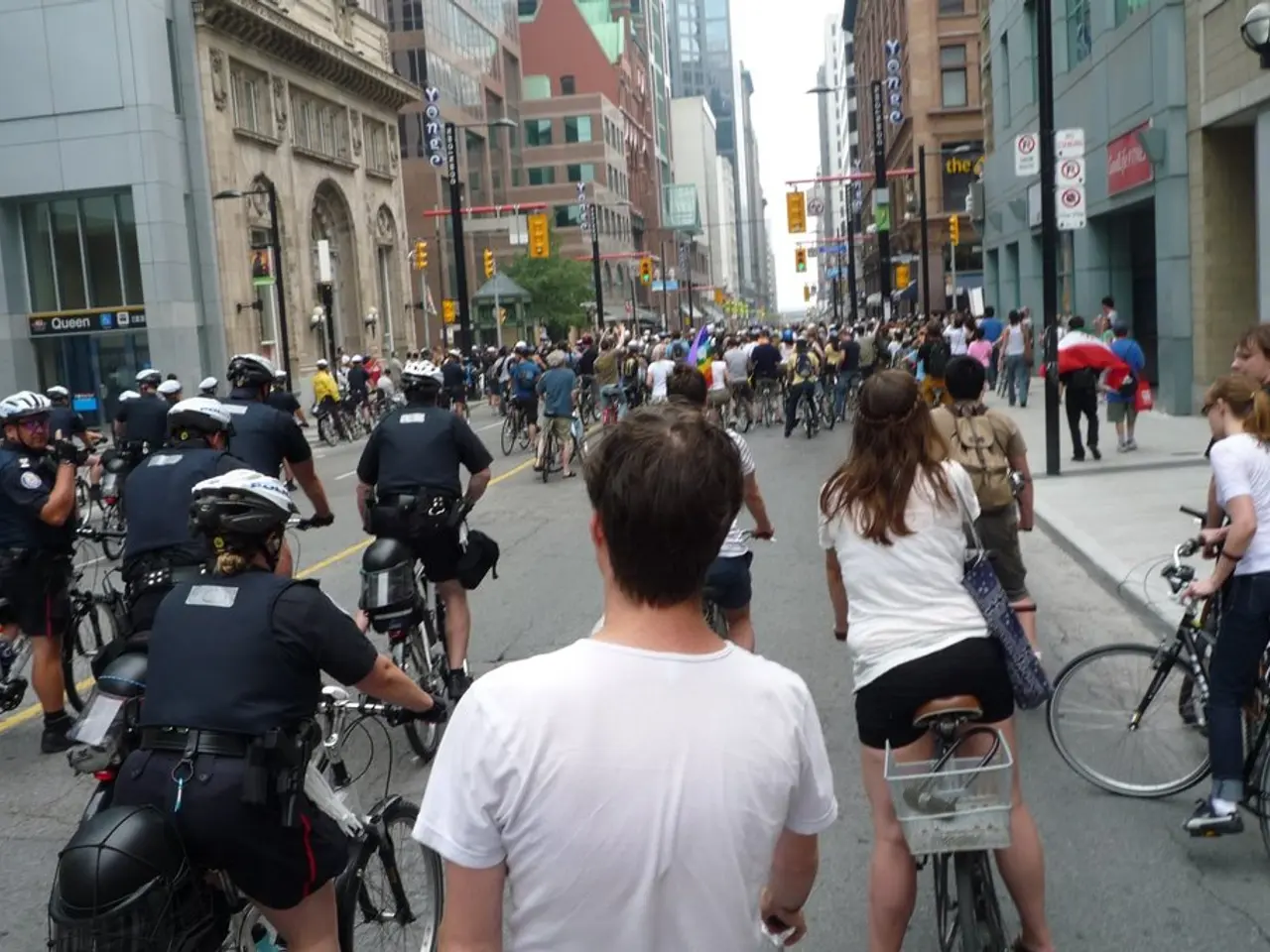Bicycling takes a healthier and more cost-effective turn in Puerto Vallarta, as a new initiative provides complimentary public bicycles for locals and tourists alike.
In the vibrant coastal city of Puerto Vallarta, a transformative initiative is taking shape. The city is planning to establish a free public bicycle system as part of its urban evolution, focusing on sustainability, public health, and smarter mobility.
The project, expected to unfold in two stages, aims to make Puerto Vallarta a model city for green transportation in Mexico. The first stage involves revitalizing and expanding the existing network of bike paths, ensuring they are comprehensive and safe for cyclists. The second stage will see the installation of bicycle docking stations in strategic locations, such as the intersection of Avenida Los Tules and Boulevard Francisco Medina Ascencio, Plaza Caracol, the southern end of the Malecón, the Universidad del Mar de Puerto Vallarta, and Plaza Lázaro Cárdenas.
The organization leading the collaboration for implementing the free public bike system is the firm "BiciLibres," which will operate and manage the project. City officials are also exploring partnerships with experienced operators, possibly Guadalajara's MiBici, to bring best practices to Vallarta.
Matthew Werter, owner of Vallarta Unified Health Solutions, sees the initiative as a positive step for mental and physical health. However, safety concerns have been raised, particularly regarding the city's cobblestone streets and unpredictable traffic patterns. Werter remains hopeful, suggesting that the successes of similar programs in other cities, like Paris, Bogotá, and Guadalajara, can serve as a template.
If thoughtfully implemented, Puerto Vallarta's bicycle program could become one of the city's proudest achievements by taking a bold step towards sustainability, equity, and wellness. The initiative offers a dual benefit: it supports local transportation needs while aligning the city with global environmental goals.
The project is being financed through the local tourism trust, which receives revenue from a lodging tax. The city has already introduced electric buses, contributing to a larger vision of a more modern, connected city. Programs like this have shown significant success in reducing car dependency, easing traffic congestion, improving air quality, and promoting healthier lifestyles.
However, some residents have expressed frustration with incomplete or narrow bike paths that leave cyclists exposed. City officials are addressing these concerns by integrating the bicycle system into the city's broader transportation upgrades, including upgraded major intersections and new investments in parks and bridges.
Maintenance and security challenges, such as keeping the bicycles in good condition and preventing theft or vandalism, are being addressed. The deployment of bicycles will begin once the infrastructure is in place, with the bicycles being free to use.
In cities like Copenhagen and Amsterdam, the benefits of such programs are reflected in health data and reduced emissions. For Puerto Vallarta, the initiative offers a unique opportunity to support its local community while contributing to a greener, healthier future.
Read also:
- Nightly sweat episodes linked to GERD: Crucial insights explained
- Antitussives: List of Examples, Functions, Adverse Reactions, and Additional Details
- Asthma Diagnosis: Exploring FeNO Tests and Related Treatments
- Unfortunate Financial Disarray for a Family from California After an Expensive Emergency Room Visit with Their Burned Infant








